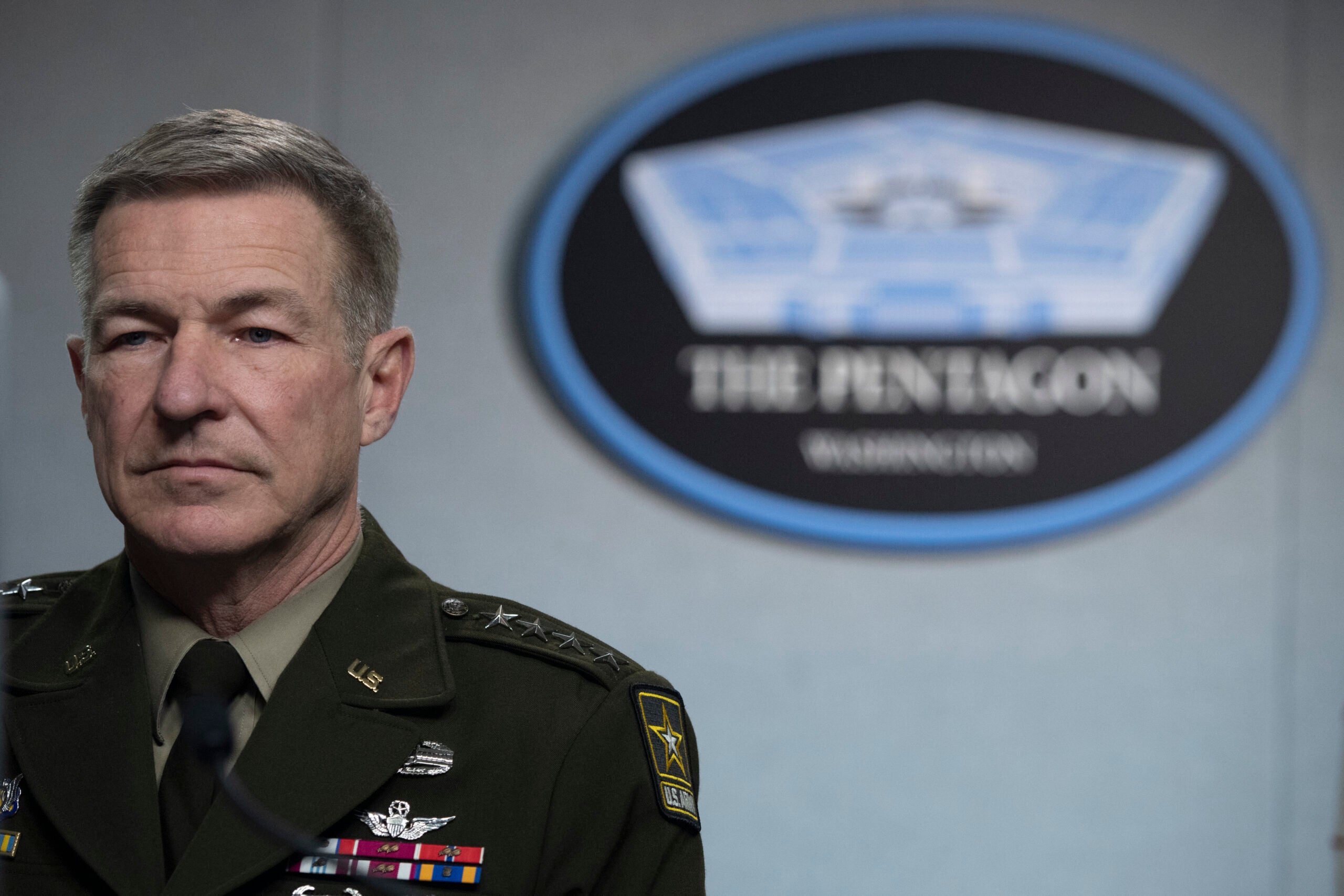Nicholas Charles Revello Plaintiff V.s Keren Laina Sangalaza Defendant
February 23, 2021
Veterans Day Message from President Trump
August 1, 2022
Navajo Code Talker Samuel Sandoval dies
August 1, 2022
Single Judge Application; Board’s use of double negatives (“not shown” and “unable”); In Bowling, the Court found that the Board’s use of double negatives (“not shown” and “unable”) to ...
Single Judge Application; a MUCMI is “a diagnosed illness without conclusive pathophysiology or etiology[] that is characterized by overlapping symptoms and signs and has features such as fatigue, pain, ...
For Dependent Spouses, Children and Parents of deceased Veterans VA service representatives can answer questions about benefits eligibility and application procedures. Contact the nearest VA benefits office at 1-800-827-1000 from ...
For Dependent Spouses, Children and Parents of deceased Veterans VA service representatives can answer questions about benefits eligibility and application procedures. Contact the nearest VA benefits office at 1-800-827-1000 from ...
For Dependent Spouses, Children and Parents of deceased Veterans VA service representatives can answer questions about benefits eligibility and application procedures. Contact the nearest VA benefits office at 1-800-827-1000 from ...
For Dependent Spouses, Children and Parents of deceased Veterans VA service representatives can answer questions about benefits eligibility and application procedures. Contact the nearest VA benefits office at 1-800-827-1000 from ...
Single Judge Application; George v. McDonough, 991 F.3d 1227, 1229-30 (Fed. Cir. 2021) confirming that the law as it was understood at the time did not require VA to rebut ...
For Dependent Spouses, Children and Parents of deceased Veterans VA service representatives can answer questions about benefits eligibility and application procedures. Contact the nearest VA benefits office at 1-800-827-1000 from ...
Single Judge Application; Wise v. Shinseki, 26 Vet.App. 517, 531 (2014); apply the correct standard of proof for determining that issue; The examiner rejected the scientific evidence because it ...
Panel Application; Mitchell v. Shinseki, 25 Vet.App. 32, 44 (2011) (holding that, for a VA joints exam to be adequate, the examiner must portray the extent of functional loss ...
198 Veterans News - Copyright AllRights Reserved.
:quality(70)/cloudfront-us-east-1.images.arcpublishing.com/mco/T56ADX64ANDYNP5MWRKCULXRZA.jpg)



:quality(70)/cloudfront-us-east-1.images.arcpublishing.com/mco/QBYJTGYCQBHSVITAL32RAO7HAA.jpg)




:quality(70)/cloudfront-us-east-1.images.arcpublishing.com/mco/YVREBMCGTNFNTI6PSBKVQDR7CU.jpg)

